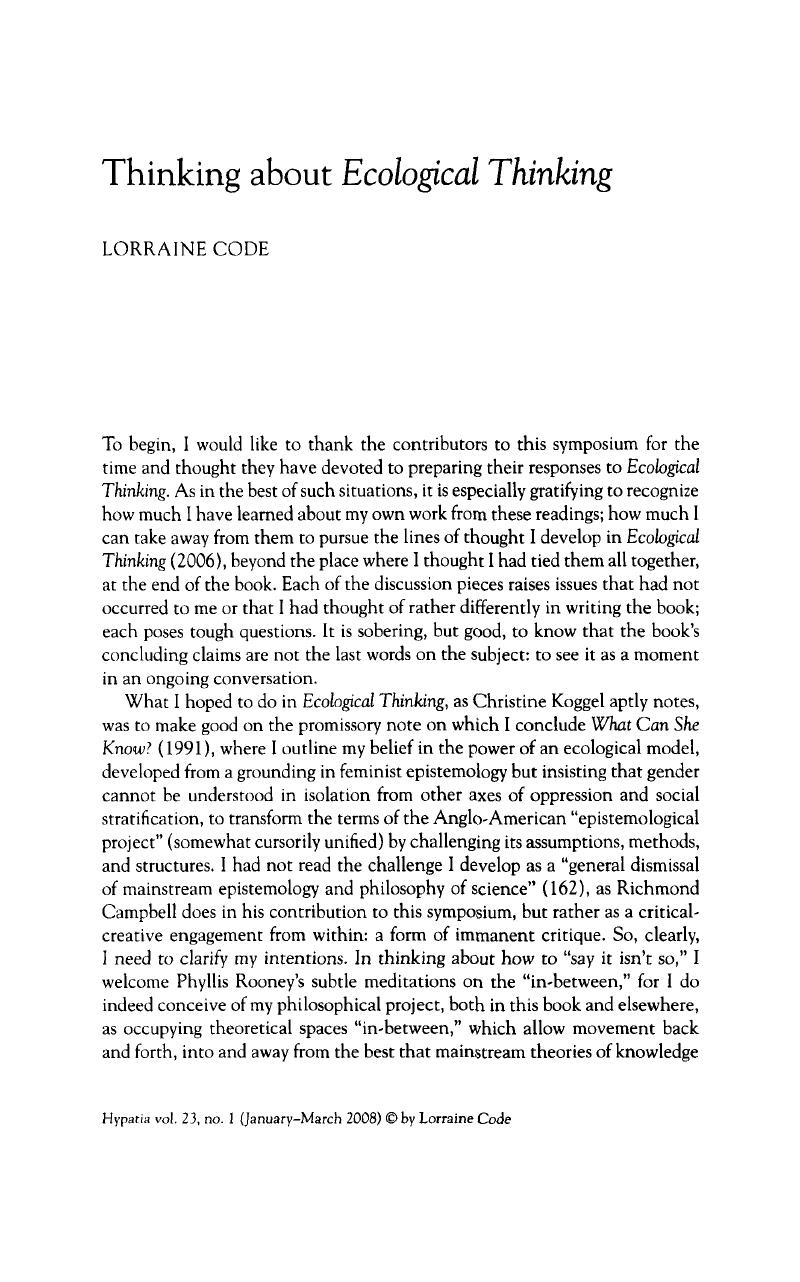Crossref Citations
This article has been cited by the following publications. This list is generated based on data provided by Crossref.
Riley, Jeannette E.
2009.
The Eco-Narrative and the Enthymeme: Form and Engagement in Environmental Writing.
Interdisciplinary Literary Studies,
Vol. 10,
Issue. 2,
p.
82.
Davis, Laura Marini
and
Usry, Mark
2011.
Faculty Selling Desk Copies—The Textbook Industry, the Law and the Ethics.
Journal of Academic Ethics,
Vol. 9,
Issue. 1,
p.
19.
Gurn, Alex M.
2016.
Courting Corporate Philanthropy in Public Education.
Sage Open,
Vol. 6,
Issue. 2,
Bartlett, Alison
2018.
Feminist Ecologies.
p.
155.
van Asseldonk, Tedje
and
Lans, Cheryl
2020.
Ethnoveterinary Medicine.
p.
125.
Molderez, Ingrid
2021.
How transformative learning nurtures ecological thinking. Evidence from the Students Swap Stuff project.
International Journal of Sustainability in Higher Education,
Vol. 22,
Issue. 3,
p.
635.
Bulloch, Marilyn N.
Penzak, Scott
and
McDowell, Lena
2025.
Pharmacy Law in Alabama.
p.
297.


